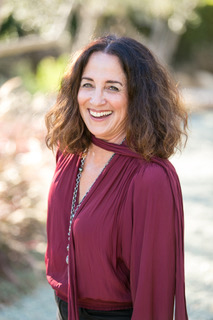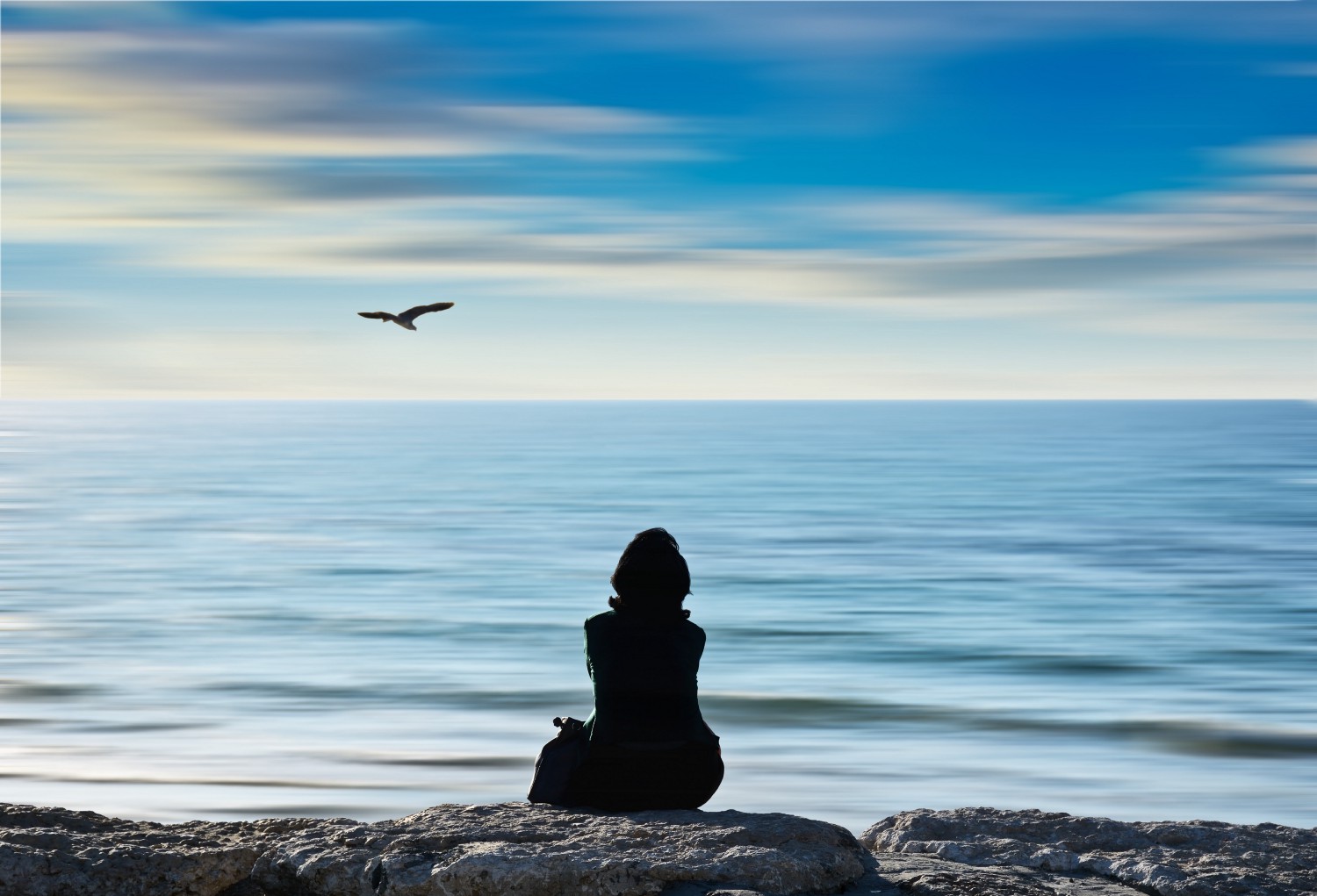My father was a Holocaust survivor, and thinking about this experience over the years has left me somewhat confused about my own spiritual practice. Even though we cannot release ourselves completely from our own heritage, I’ve come to believe that we have to find our way to the spirituality that resonates with us individually. This means that I nod to all the Jewish holidays, but do not do much in terms of celebrating them. When my kids were young, I gave them Hanukkah gifts for the seven nights of the holiday, but as they grew older I bought them one large gift.
This was very different from when I was growing up in the 1960s in New York. At that time, my father took me to our local synagogue during major Jewish holidays. For him, celebrating these times was a traditional bow to his parents, who perished in the Holocaust. My father was what one might call a “minimalist Jew,” and he taught me that religion separates people. He said that it creates the illusion of bringing them together, but in reality, it often does the opposite.
Today, as an avid meditator who did my doctoral dissertation on the spiritual practice of writing, I realize that spiritual practice comes in many forms. When my grandmother committed suicide when I was ten, my mother bought me a Kahlil Gibran journal and told me to chronicle my feelings. She taught me that creativity and self-expression were high forms of spirituality. Gibran’s quotations inspired my own, and one passage in particular still resonates with me today when I teach writing for healing: “Out of suffering have emerged the strongest souls; the most massive characters are seared with scars.”
During my early college years, my quest for spirituality involved a course in Transcendental Meditation (TM) with Maharishi Mahesh Yogi. After one of his lectures, participants were escorted one by one into separate rooms with two chairs and a small desk. Maharishi’s helpers secretly disclosed our own personal mantras, supposedly selected just for us. While over the years I tried various other meditation techniques, I still use the mantra given to me more than three decades ago.
Today, my children are in their thirties, and my husband and I have taught them to use creativity as a spiritual practice, finding solace in activities such as painting; writing books; designing clothes, books, or merchandise; or engaging in meditative and yogic practices. Still, it will be interesting to observe the choices they make when it comes time to raise their own children.
In my continual search for spiritual support in the Eastern traditions, when His Holiness The Dalai Lama recently visited my hometown, I found myself passionately pulled into and moved by his words. After his talk, I drove home, walked into my backyard, sat down at my outdoor writing table, and cracked open my journal. I glanced up at the blue sky and listened to the sweet chirpings of birds in the trees bursting with the purple flowers of early spring. All my spiritual musings were coming together. I became very aware of my surroundings, the magic of nature, and the role of writing and creativity in my life.
At this point, I believe that the world can do without religion, but it cannot do without spirituality — whether it takes the form of writing, mindfulness, compassion, or smiling throughout the day. These measures unite us rather than divide us; and no matter what our age, we are all works in progress, whether we are examining our heritage . . . or discovering the spiritual practice that helps us feel most alive and makes our hearts sing with joy.
For more, visit: dianaraab.com
Originally published at journal.thriveglobal.com


